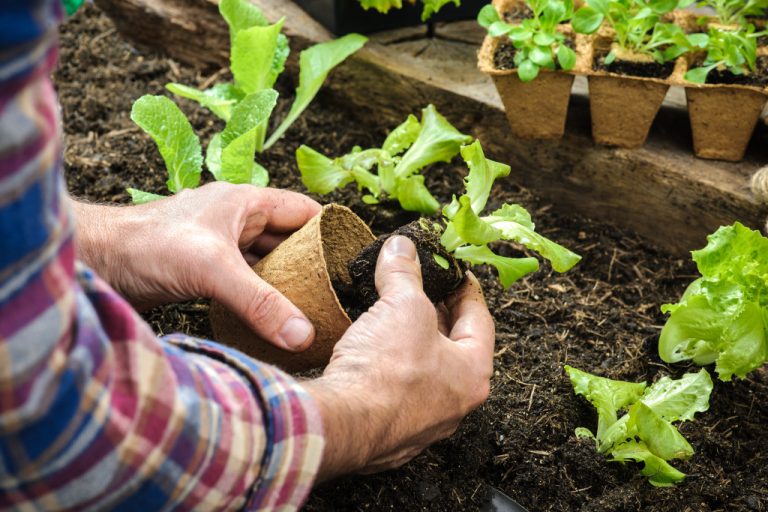Organic gardening has many benefits, the most important of which is that it improves your family’s health. Organic produce is lower in toxins and higher in nutrients than conventionally grown produce, making it healthier for you to eat. In addition, organic gardening is good for the environment, as it does not use pesticides or other harmful chemicals.
So, if you’re looking to improve your family’s health, organic gardening is a great place to start. Here are some tips to get you started:
Choose the Right Location
Choosing a sunny location for your garden is essential, as most vegetables and fruits need at least six hours of sunlight each day. You will also need to ensure that your chosen location has good drainage. If your garden is too wet, the roots of your plants will rot. Too dry, and your plants will not be able to get the water they need.
Here are some tips for choosing the right location for your garden:
- Pick a spot that gets at least six hours of sunlight each day.
- Make sure the location has good drainage.
- Avoid areas that are prone to flooding or drought.
- Try to find a location that is close to a water source.
If you have a small yard, don’t worry — you can still garden! You can grow vegetables in containers on your deck or balcony. Just make sure to choose containers at least 12 inches deep so that your plant’s roots will have enough room to grow.
Create a Garden Room
Creating a garden room is a great way to maximize space and get the most out of your small yard. A garden room is simply a designated area in your yard for gardening. It can be as simple as marking off a 10×10 square with stakes and string. Or you can get more creative and build a luxury garden room complete with a pergola, seating area, and raised beds.
Once you have created your garden room, you can fill it with any type of garden you like. For the interior of your garden room, you can hire a landscape designer to help you create a beautiful and functional space. Not only will this make your garden more enjoyable to look at, but it will also make it easier to maintain.

Fill Your Garden with Nutritious Plants
Not all plants are created equal when it comes to nutrition. To get the most out of your garden, choose plants that are high in vitamins and minerals. Leafy greens, such as spinach and kale, are packed with nutrients. Root vegetables, such as carrots and potatoes, are also good choices. And don’t forget about fruits!
Berries, apples, and citrus fruits are all great options for your garden. Just remember to choose plants that are appropriate for your climate. Research what grows well in your area before you start planting. You can also talk to your local nursery or extension office if you need help choosing plants for your garden.
Start Small
Don’t feel like you have to plant a huge garden all at once. Start small and gradually add more plants as you get more experience. A small garden is easier to care for and will give you the opportunity to learn as you go. As your garden grows, you can add more complex plants and features.
Here are some tips for starting a small garden:
- Start with just a few plants.
- Choose plants that are easy to care for.
- Don’t forget about container gardening!
- Add more plants and features as you get more experience.
Get Your Family Involved
Organic gardening is a great way to teach your kids about where food comes from. It’s also a fun way to get them involved in the kitchen. Let them help you plant seeds, water the plants, and harvest the produce. They can even help you cook or prepare meals with the fruits and vegetables you grow.
Not only is gardening a great way to bond with your kids, but it’s also a great way to teach them about responsibility. Let them help with the garden chores, such as weeding and watering. They will learn how to care for plants and how to be patient as they watch their garden grow.
As your kids get older, you can even involve them in more complex tasks, such as pruning and planting. So, not only will they be getting fresh air and exercise, but they’ll also be learning valuable life skills.
Organic gardening is a great way to improve your family’s health. By growing your own fruits and vegetables, you can provide your family with fresh, nutritious food. So what are you waiting for? Get started on your organic garden today!











